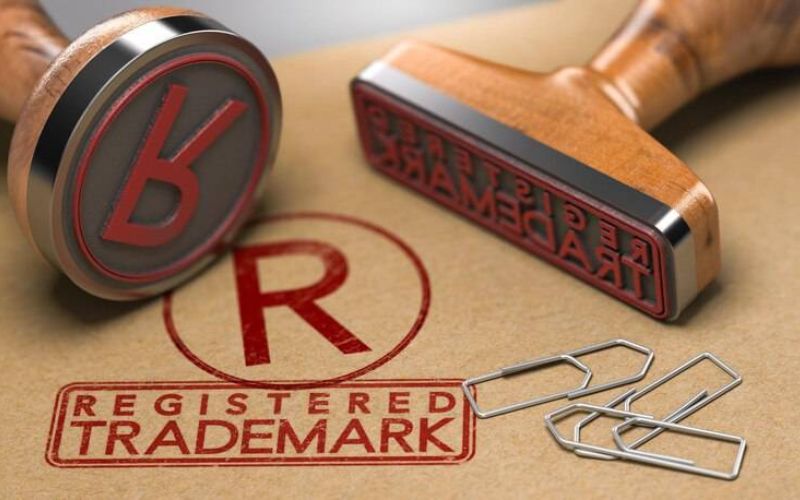
3 minute read
Trademark Registration in India: Renewal Timeline & Process
A trademark registration is an essential legal protection for businesses, ensuring exclusive rights over their brand name, logo, or slogan. However, trademark protection is not indefinite; it needs periodic renewal. Understanding the trademark renewal process in India is crucial for business owners to maintain their brand identity and legal security. This article outlines the renewal timeline and steps involved in renewing a trademark in India.
Trademark Registration Validity in India
In India, a trademark registration is valid for 10 years from the date of application. To continue enjoying the benefits of trademark protection, owners must renew their trademark before it expires. Timely trademark renewal ensures that the brand remains legally protected and prevents any third party from claiming rights over it.
When to Renew a Trademark?
The renewal process can begin one year before the expiry of the existing trademark registration. The Indian Trademark Act allows a grace period of six months after the expiration date, but failing to renew within this timeframe can result in the removal of the trademark from the register.
To avoid losing trademark rights, business owners should apply for trademark renewal well before the expiry date. Platforms like Online Legal India can help streamline this process and ensure timely renewal without legal complications.
Steps for Trademark Renewal in India
The trademark renewal process in India involves a few key steps:
Check Renewal Deadline: Monitor the trademark’s expiry date and plan for renewal at least six months in advance.
Prepare Renewal Application: The applicant must file Form TM-R with the Trademark Registry of India along with the necessary fees.
Review & Verification: The Trademark Registry examines the application to ensure compliance with legal requirements.
Publication in the Journal: After verification, the renewal details are published in the Trademark Journal.
Issuance of Renewal Certificate: If there are no objections, the renewal certificate is issued, extending the trademark protection for another 10 years.
Consequences of Not Renewing a Trademark
If a trademark renewal is not completed on time, the registered mark may be removed from the register. This can lead to:
Loss of exclusive rights over the trademark.
Legal difficulties if a third party registers a similar mark.
Reputational damage and possible business disruptions.
To prevent such issues, business owners can seek professional assistance from services like Online Legal India, ensuring smooth and hassle-free renewal.
Benefits of Timely Trademark Renewal
Continued Legal Protection: Renewal maintains the legal rights over the brand name, preventing unauthorized use.
Stronger Brand Identity: A renewed trademark reinforces brand recognition and credibility.
Avoids Legal Disputes: Renewing on time eliminates the risk of legal conflicts over trademark ownership.
Business Security: Trademark protection supports long-term business growth and market expansion.
How Online Legal India Can Help?
For business owners looking for an easy and hassle-free way to manage their trademark renewal, Online Legal India provides expert assistance. Their professional team ensures timely submission of renewal applications, compliance with legal requirements, and protection against unnecessary legal challenges.
Conclusion
Timely trademark renewal is essential for maintaining brand ownership and avoiding legal complications. Since trademark registration in India is valid for 10 years, businesses must ensure they renew their trademark before expiration. With professional guidance from platforms like Online Legal India, companies can safeguard their intellectual property and continue building their brand with confidence.

